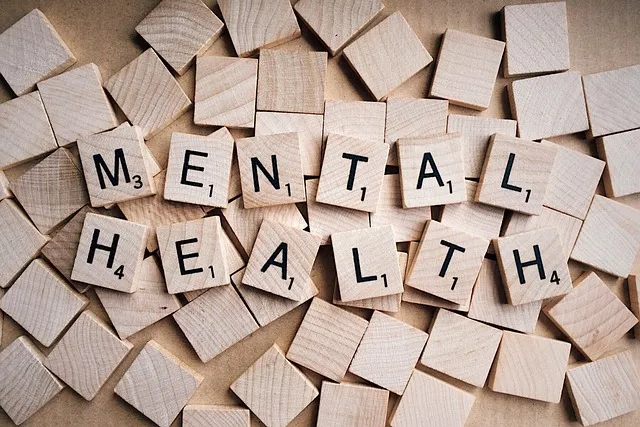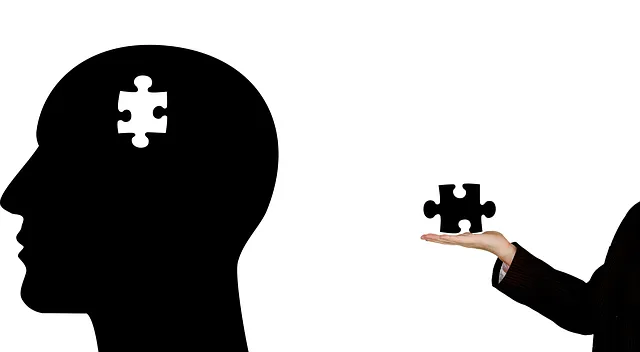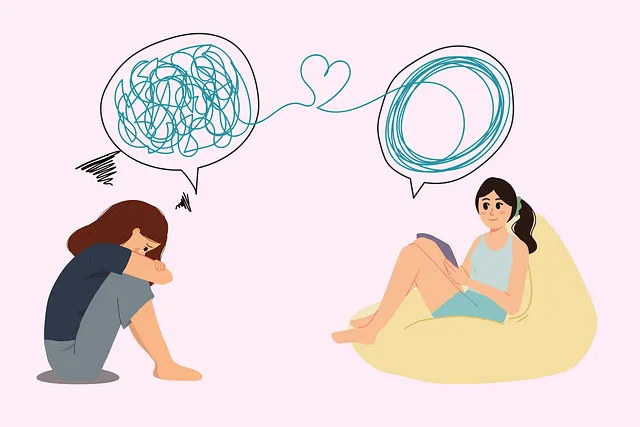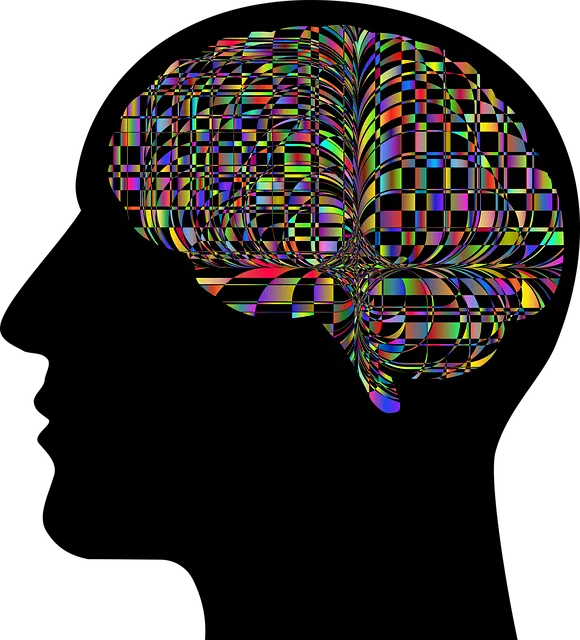The Centennial Kaiser Permanente Mental Health Access Center stresses the importance of understanding mental wellness needs for effective self-care routines. Journaling helps gain insights into emotions and thoughts. Self-awareness guides informed decisions on anxiety relief and mood management. Mindfulness, yoga, meditation reduce stress and enhance resilience. Balanced daily routines with tailored self-care practices improve mental clarity and well-being. Tracking progress via journaling or apps allows adjustments to effective strategies for sustained mental wellness.
“Develop a powerful mental wellness self-care routine with guidance from the Centennial Kaiser Permanente Mental Health Access Center. Understanding your unique mental wellness needs is the first step toward holistic well-being. This article equips you with strategies to identify stress-reducing activities, create balanced daily routines, and integrate mindfulness techniques. By tracking progress and adjusting your practice, you’ll foster resilience and enhance your overall mental health. Embrace self-care as a journey, and let these insights from the Kaiser Permanente center be your compass.”
- Understanding Your Mental Wellness Needs
- Identifying Self-Care Activities for Stress Reduction
- Creating a Balanced Daily Routine
- Integrating Mindfulness and Relaxation Techniques
- Tracking Progress and Adjusting Your Practice
Understanding Your Mental Wellness Needs
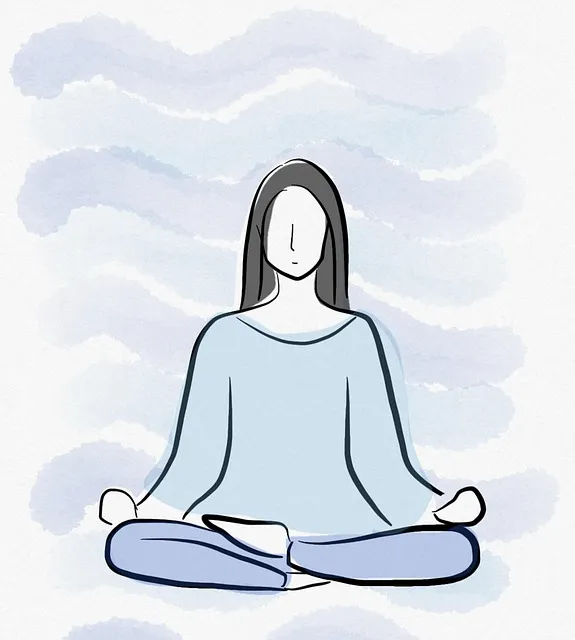
Understanding your mental wellness needs is a crucial step in developing an effective self-care routine. Every individual’s journey to mental well-being is unique, and recognizing personal triggers, strengths, and weaknesses is essential. At the Centennial Kaiser Permanente Mental Health Access Center, we emphasize the importance of assessing your current state and setting realistic goals for improvement. This may involve identifying specific areas of concern, such as managing stress, anxiety relief, or improving mood regulation.
Journaling can be a powerful tool in this process. Mental wellness journaling exercises provide guidance to reflect on daily experiences, emotions, and thoughts. By documenting these aspects regularly, you gain valuable insights into your mental landscape, enabling better understanding of what triggers certain feelings and behaviors. This self-awareness is fundamental to making informed decisions about incorporating strategies for anxiety relief or adopting practices that enhance mood management.
Identifying Self-Care Activities for Stress Reduction

Identifying Self-Care Activities for Stress Reduction is a crucial step in cultivating mental wellness. The Centennial Kaiser Permanente Mental Health Access Center emphasizes that healthcare providers, especially those grappling with Burnout Prevention Strategies, must prioritize self-care to sustain their well-being and enhance patient care. Engaging in activities that promote relaxation, such as mindfulness practices, yoga, or meditation, can significantly contribute to Stress Reduction.
These practices not only foster Mood Management but also create a sense of balance and resilience against life’s challenges. The center encourages healthcare professionals to explore various self-care routines, tailoring them to their unique needs and preferences. By incorporating confidence-boosting activities into their daily lives, providers can significantly improve their mental health, ensuring they are equipped to offer the best care possible at the Centennial Kaiser Permanente Mental Health Access Center.
Creating a Balanced Daily Routine

In today’s fast-paced world, establishing a balanced daily routine is essential for maintaining mental wellness, as recommended by experts at the Centennial Kaiser Permanente Mental Health Access Center. This involves integrating a mix of self-care practices tailored to your unique needs and preferences. Start by setting realistic goals, such as dedicated time for exercise, mindfulness activities like meditation or journaling, and quality sleep schedules. A structured routine not only improves mental clarity but also enhances overall well-being, fostering resilience against stress and promoting positive thinking.
Self-care practices can range from simple habits like regular meals and hydration to more involved activities like engaging in hobbies or connecting with loved ones. The key is to recognize your personal triggers and emotional cues, as identified through a comprehensive Risk Assessment for Mental Health Professionals. By understanding these factors, you can design self-care strategies that address specific mental health concerns, ensuring a holistic approach to wellness.
Integrating Mindfulness and Relaxation Techniques

Integrating mindfulness and relaxation techniques into your daily routine is a powerful way to enhance mental wellness, as supported by experts at the Centennial Kaiser Permanente Mental Health Access Center. These practices are essential components of a holistic self-care approach that can significantly improve overall well-being. Mindfulness involves being present in the moment, observing thoughts and feelings without judgment, which helps reduce stress and anxiety.
The Mental Health Education Programs Design often emphasizes breathing exercises, meditation, and body scans as effective Stress Reduction Methods. Engaging in regular journaling practices, as part of Mental Wellness Journaling Exercise Guidance, can also be therapeutic. This allows individuals to reflect on their emotions, track progress, and identify patterns that contribute to mental health challenges. By incorporating these techniques into your routine, you create a sense of calm and resilience, fostering better mental wellness management.
Tracking Progress and Adjusting Your Practice

Tracking your progress is a vital part of developing a sustainable self-care routine for mental wellness. This involves regularly assessing how certain practices impact your overall well-being and making adjustments as needed. At the Centennial Kaiser Permanente Mental Health Access Center, we encourage our patients to maintain journals or use apps designed to monitor mood, anxiety, and other relevant metrics. By doing so, you can identify patterns that indicate what’s working and what isn’t.
For instance, if you’ve incorporated mindfulness practices but notice no significant improvement in your stress levels, it might be time to explore alternative techniques or combine them with existing strategies for better results. This continuous evaluation allows you to tailor your self-care routine, ensuring it aligns with your unique needs. Incorporating cultural sensitivity in mental healthcare practice can also enhance these efforts, as understanding and addressing any cultural barriers can significantly impact your ability to manage your mood effectively.
Developing a personalized mental wellness self-care routine is a powerful tool for enhancing overall well-being, as exemplified by the resources available at the Centennial Kaiser Permanente Mental Health Access Center. By understanding your unique needs, identifying effective stress reduction activities, and creating a balanced daily practice, you can cultivate resilience and improve your mental health. Regularly tracking progress and adjusting your self-care routine ensures that it remains tailored to your evolving needs. Embrace mindfulness and relaxation techniques as integral parts of your journey towards a healthier, happier mind.

